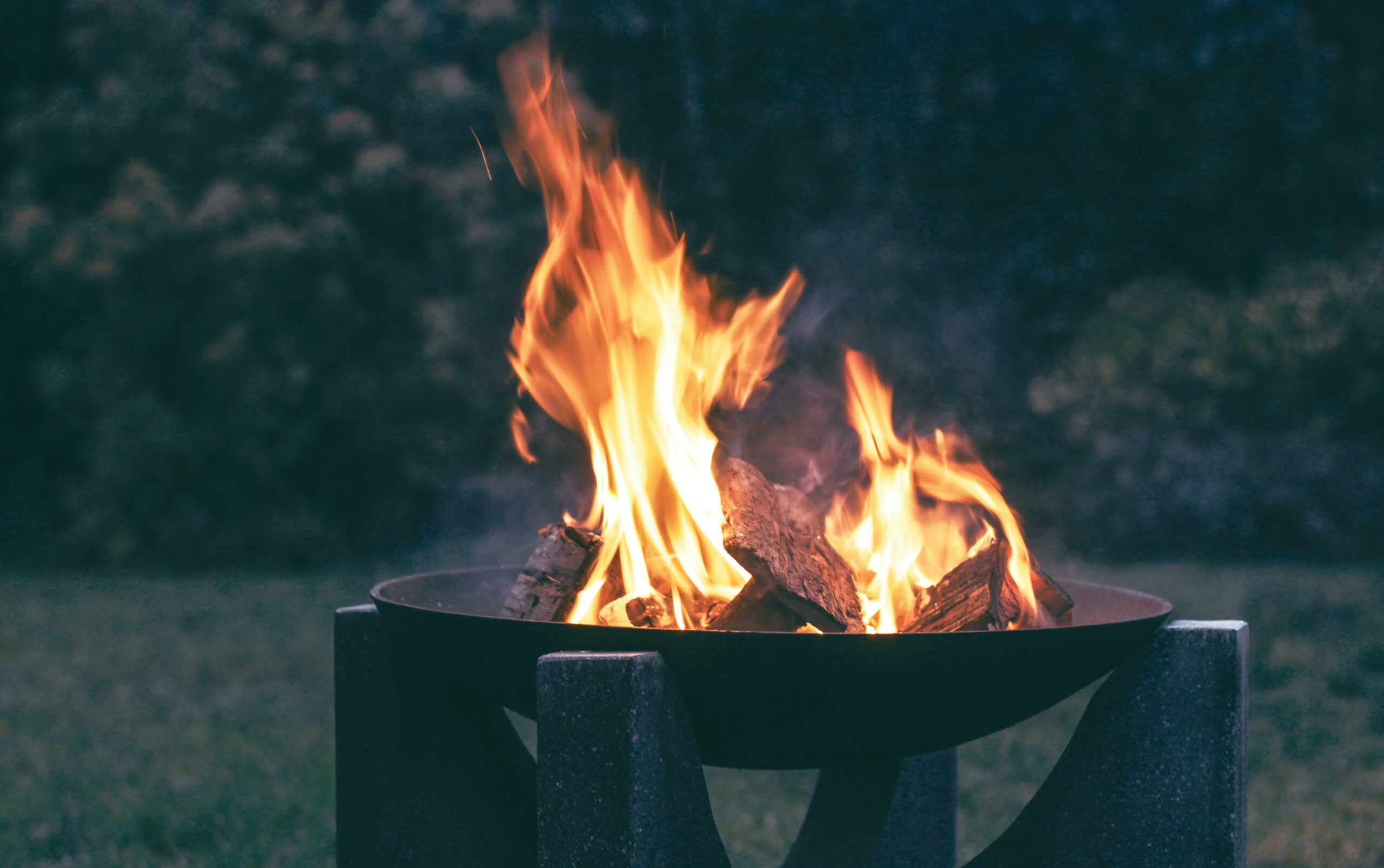
In the United States, daylight saving time was first used in 1918 when a bill introduced the idea of a seasonal time shift. The idea was to save energy during war time. It lasted seven months before the bill was repealed. During World War II, President Franklin Roosevelt re-established the idea of daylight saving time. It was called “War Time.”
Nov. 4. It’s time to turn your clocks back this weekend.
When turning your clocks, test your smoke alarms and replace the batteries if needed, the American Red Cross urges.
Daylight saving time ends on the first Sunday in November. On Sunday, Nov. 6 at 2 am, turn your clocks back to 1 am. Or do it before you go to bed for the night.
For the last time?
Changing the clock between standard time and daylight saving time often ignites the debate on whether the US should stay on one time.
The U.S. Senate in March passed legislation that would make daylight saving time permanent starting in 2023, ending the twice-annual changing of clocks. The bill needs approval from the House and President Biden’s signature to become law.
If the bill were to pass in the next year, as it’s written, permanent daylight saving time would take effect on Nov. 5, 2023, meaning clocks would be moved forward again in March and kept there.
Until the bill or another like it passes, however, we’ll be sticking with clock changes twice a year.
Pros and cons
In general, the retailing, sports and tourism industries all support daylight saving time, while agricultural and evening-entertainment interests don’t support it.
Supporters like the change for brighter afternoons and more economic activity.
Sleep experts prefer a year-round standard time. Switching to permanent daylight saving time could interfere with quality sleep, they say.
Daylight saving time reduces exposure to morning sunlight, which makes it harder to wake up in the morning. More light in the evening may make it harder to fall asleep at night. In addition, the shift in the timing of daylight exposure can affect the body’s internal clock, which follows a 24-hour schedule known as a circadian rhythm.
Home fires
“Home fires claim more lives in a typical year than all natural disasters combined, but working smoke alarms can cut the risk of dying in a home fire by half,” said Allison Taylor, Regional CEO, American Red Cross Greater Carolina Region. “The sooner an alarm alerts you to a fire, the sooner you can get out. When you turn your clocks back this weekend, also test your smoke alarms to help prevent a tragedy in your home.”
Over the past month, local Red Cross volunteers responded to 99 home fires, helping 342 people in Greater Carolinas Region. Home fires account for most of the more than 60,000 disasters that the Red Cross responds to annually across the country





